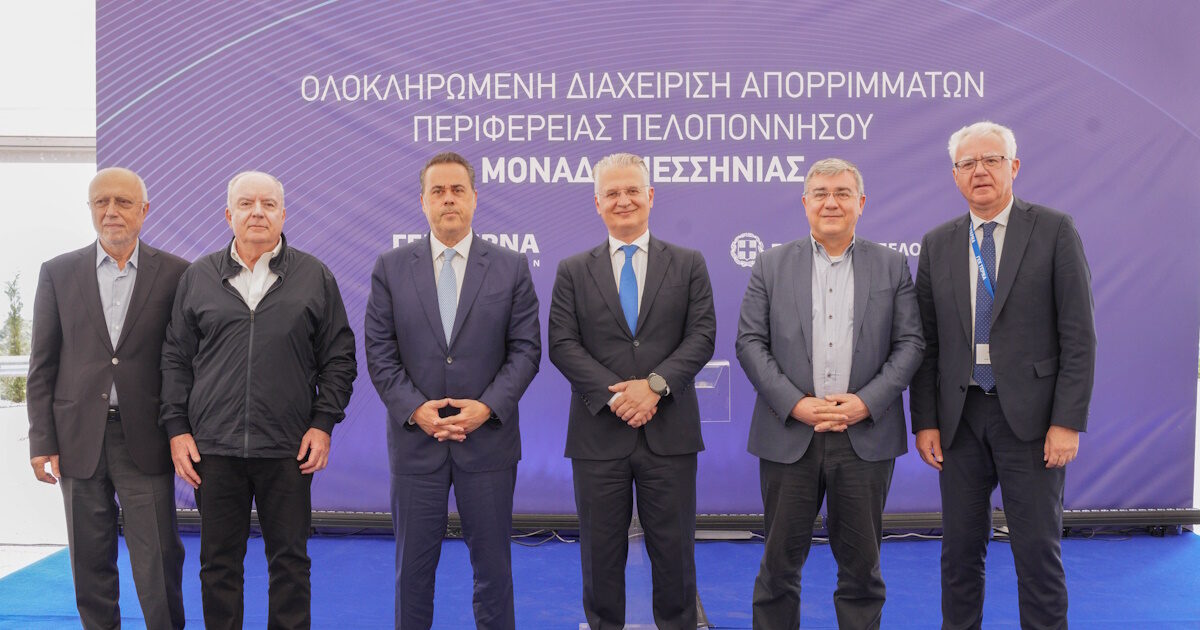In commercial operation, the waste treatment plant (AEA) is now in Kallirroi, Messinia, marking the full implementation of the single, sustainable municipal solid waste management system in the Peloponnese.
The installation is part of the integrated waste management project of the Peloponnese Region, which has implemented and operated by the GEK TERNA Group.
It is a total investment of EUR 167 million, which includes three waste treatment plants, with the largest in Arcadia (Paleoouni) and the rest in Laconia (Skala) and Messinia. The Messinia unit manages 60,000 tonnes of urban solid waste per year, significantly limiting the volume that results in a health burial, according to the European and national strategy for the circular economy.
At the same time, it produces “green” energy, which is channeled into the country’s electricity grid. It is estimated that 6,000 MWh energy are produced per year, a quantity capable of meeting the needs of 1,500 households.
The use of cutting -edge technology ensures that not only the environmental footprint of the unit, but also the cost of management for citizens.
The waste management unit was officially presented at a special event in the presence of the Minister of Environment and Energy Stavros Papastavrou, the Secretary General of Waste Coordination of Manolis Grafakou, the Peloponnese Regional Governor Dimitris Pooros, MPs and MPs.
The Minister of Environment and Energy Stavros Papastavrou pointed out during the event: “The overall, more integrated project, creates a new reality in waste management in the Peloponnese, compared to 2019, when the Peloponnese region had only one legal landfill and many illegal landfills, for which our country paid fines to the European Union. In fact, 21 of the 65 cases of fines we paid for the illegal landfills concerned the Peloponnese Region. Today there are 13 units in the country -three in the Peloponnese -while still being constructed. This is the result of a methodical and integrated effort made by the government, the Ministry of Environment and Energy and the Waste Management Regions over the last six years. This is the crowning of a long -term strategy, which is first due to Prime Minister Kyriakos Mitsotakis, who had inaugurated the waste management unit in Arcadia in 2023. It is also due to my predecessors, with Mr. Skylakakis in the second unit and the second unit in the second unit. Authorities and executives of the Ministry of Environment and Energy, thanks to whose efforts we have successfully reached here. With the infrastructure such as the one we are launching in Messinia today, the country not only acquires the conditions of achieving Europe’s goals in waste management, but also passes into a new, virtuous waste management cycle of its waste management. “
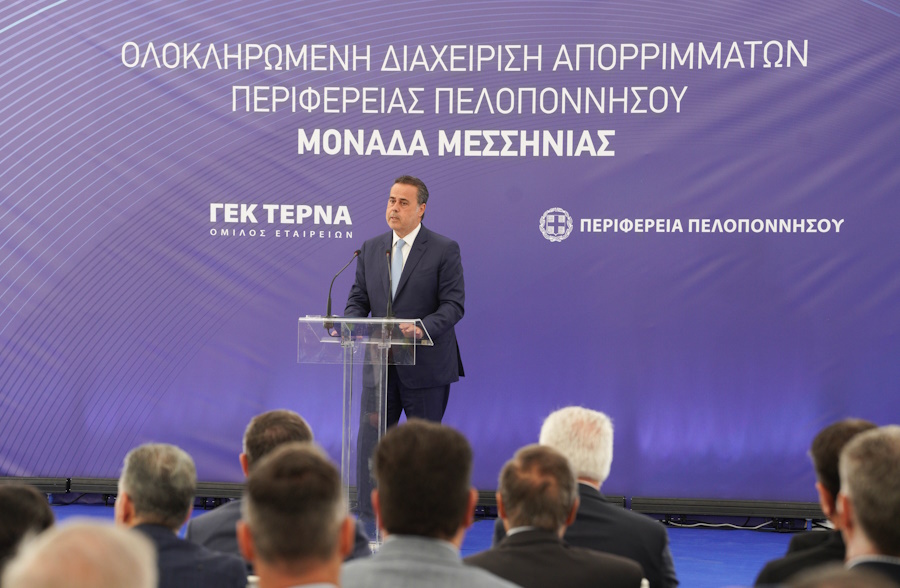
On his side, Peloponnese Regional Governor Dimitris Poor noted: “The full operation of the unit in Kallirrois is the completion of a large and difficult cycle for the Peloponnese Region. We leave behind us a past that has been identified with management weakness, environmental wounds and fines. We are going through a new era where waste management is done by modern, flexible and efficient methods, for the benefit of the citizens and the environment. This infrastructure is much more than a technical project. It is a policy tool, it is a means of protecting public health and a lever for growth. It is the result of a strategic planning with institutional continuity, consistency, transparency and cooperation. And that is why it belongs to all who worked, contributed and believed in its success. The Peloponnese Region now has the most up -to -date waste management project in the country. And on this steady basis, we can now plan the next step: Enhancing recycling, adopting good and innovative practices, circular economy, even more ambitious environmental goals. Because the next day invites us to give value to what we build – with deeds, knowledge, documentation and lasting responsibility. In closing, I would like to thank the Government, the Minister of Environment and Energy, Mr. Papastavrou, the Deputy Minister of National Economy and Finance Mr. Papathanassis and the former Minister of Environment and Energy Mr. Skylakakis, for their contribution to the completion of the project. “
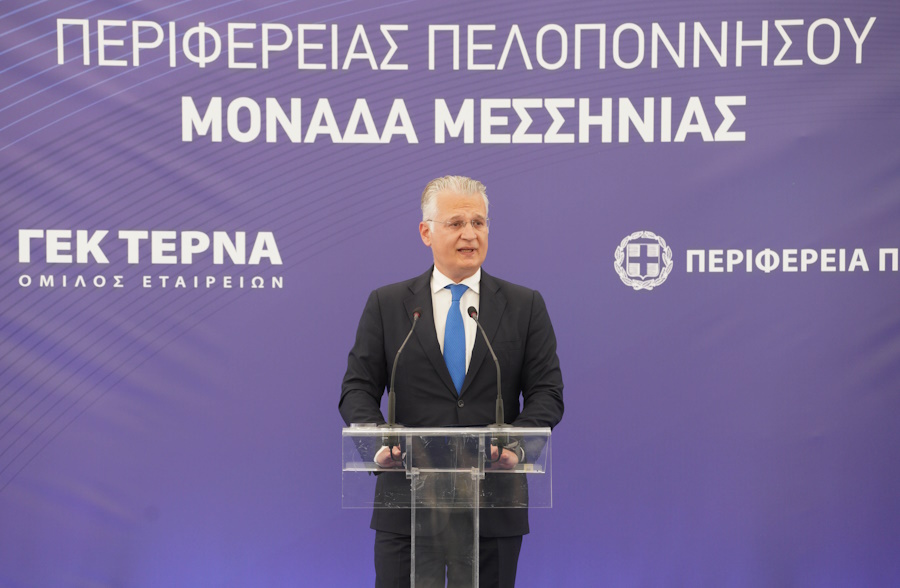

The President and CEO of GEK TERNA Group, George Peristeris, stressed: “The full operation of the unit completes a project of national importance, which places the Peloponnese at the forefront of sustainable waste management. We are proud to deliver today and the third unit of the project, completing the landmark of construction. Thanks to Mr. D. Poor, Mr. Papastavrou and Mr. Papathanassis, who supported the project. I would like to make special mention to the previous leaderships of the Ministry of the Environment, etc. Chatzidakis and Skylakakis, in previous regional administrations, in Mr. Nika and Tatoulis, to the Secretary General of Waste Coordination of Mr. Grafakos, in FODSA and to all those who contributed, against the screams heard. Of course, I would like to thank them too. Maragoudakis and Agrafiotis, who, as TERNA ENERGY, managed to bring the work to this point. This is the second project of our Group that operates in an exemplary manner, after that of Epirus, who won the Award of the Best Infrastructure Project for 2018. Thank you all warmly – workers, subcontractors, scholars – who put your back on the project.
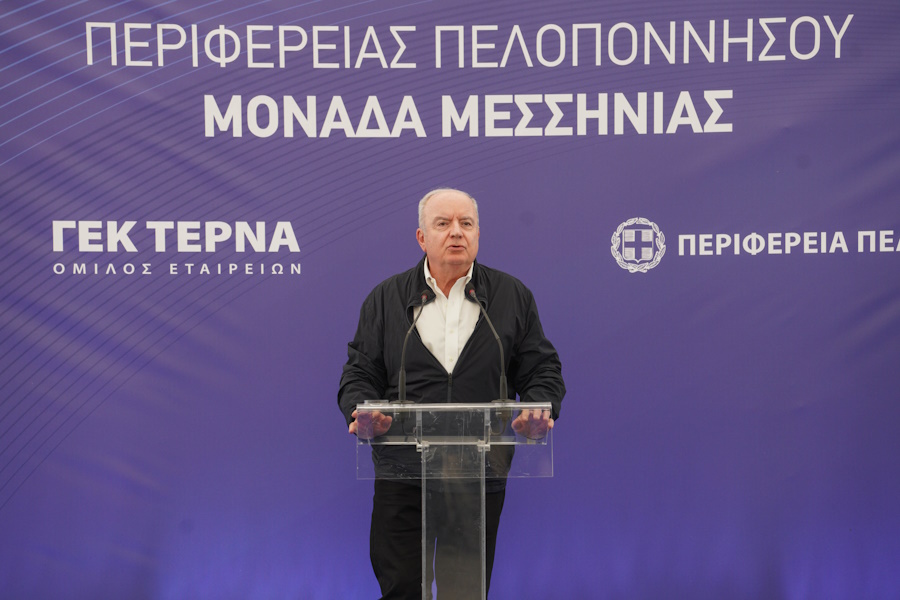

On his side, Waste Management Secretary General Manolis Grafakos said: “Today’s launch of the waste treatment plant in Messinia clearly reflects that Greece is turning a page in waste management. Of the 21 illegal landfills, we arrived at a comprehensive regional management that is a model and guide for the whole country. When we took over in 2019, only 3 points were operating and 5 were under construction; today there are 13 units, and 24 are in construction phase. This project is not just an infrastructure; it is a symbol of a new era with modern, sustainable solutions to the environment and local communities. “
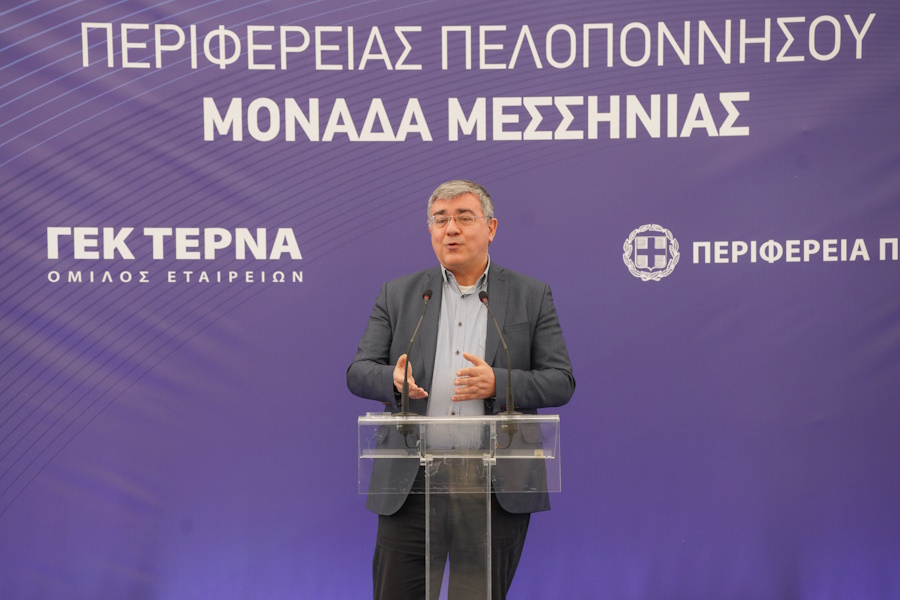

Fodsa Peloponnese President Yiannis Smyrniotis commented: “The Peloponnese Region is now at the end of the cleanest region in Greece. Today, with the full operation of all Arcadia, Laconia and Messinia management units, and the two Waste Transfer Stations in Argolida and Corinthia, the Region is going through a new era. Expecting the continuation of fruitful cooperation with all European, national and regional bodies, of the cooperation that has brought this outcome in the field of waste management, turning our area from a pioneer to a pioneer, we are confident that the Peloponnese – a region that has a region that has a crowning of the European. Thanks to all those who have contributed to the present result of the completion of this flagship work. “
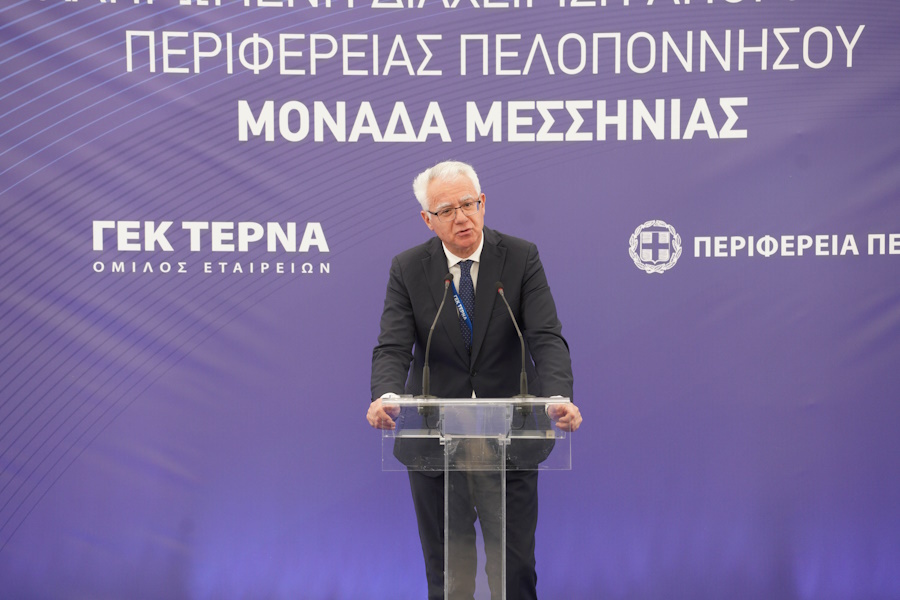

Group of Waste Works of Group GEK Terna Charalambos Charalambidis, speaking about the technical characteristics of the unit, explained: “The Messinia processing unit incorporates state -of -the -art technologies, which in addition to modern – are deeply functional, sustainable and innovative. The operation is monitored online, in real time, ensuring complete transparency, continuous control and optimization, daily, from day one. “
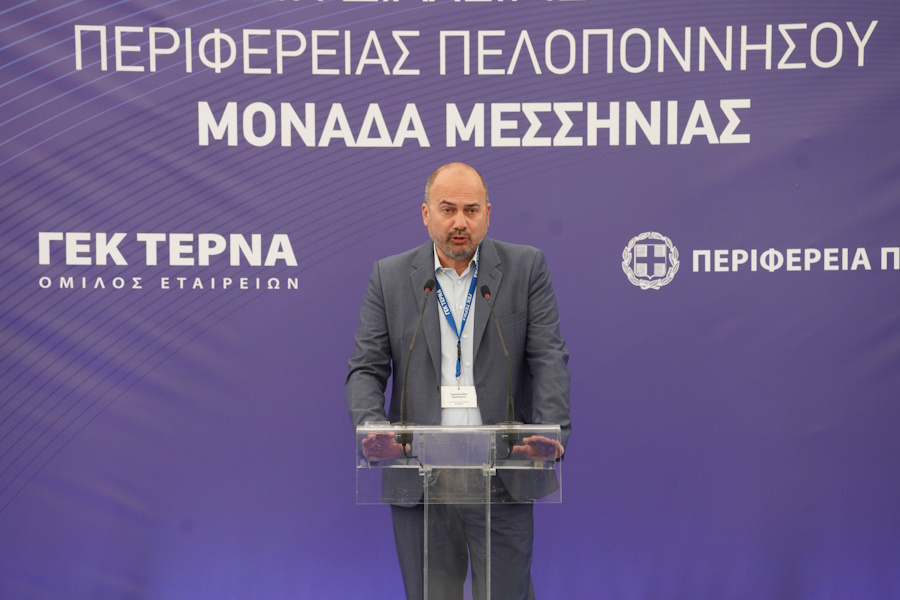

A modern waste management model for the Peloponnese
The work of integrated waste management makes the Peloponnese one of Europe’s most advanced regions in the field of solid waste management. With a capacity of 200,000 tonnes per year, it is developed in three subsections – Management Units of the Peloponnese Region (Arcadia, Messinia and Laconia) and includes three Integrated Waste Management System (ODA) and in particular:
- Three Waste Treatment Units
- Three landfills
- Two Transfer Stations
- Improvement projects of access to ACE and SMAs
The location of waste processing units, landfill landfill and transfer stations has been done in a manner that the waste is received less than 50 km from the capitals of the region’s prefectures, thereby contributing to the minimization of the necessary transport.
The project utilizes state -of -the -art technology, achieving minimal environmental and zero energy footprint. It covers most of the Peloponnese Regional Waste Management Plan (PESA), operates in addition to local recycling plans at the source of municipalities and implements optimal circular economy practices.
During the construction period of the project, 800 jobs were created, while in the 26 -year operation of the units, 200 people employ. This number does not take into account the indirect employment resulting from the operation of the project in the area (transport, recyclable marketing, staff habitation, etc.).
